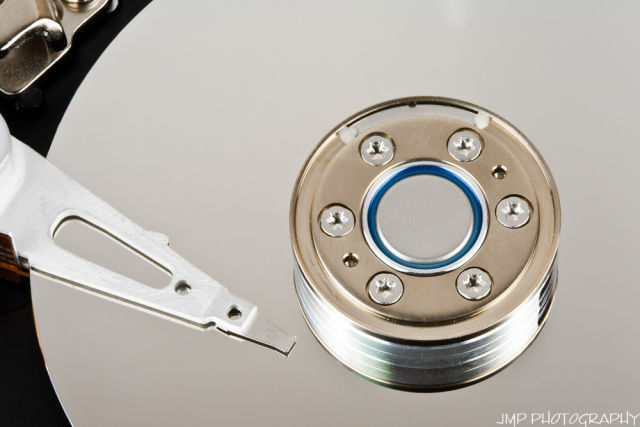
The Justice Department is set to argue Wednesday before a federal appeals court that it may prosecute people for crimes based on evidence obtained from their computers—evidence that was outside the scope of an original probable-cause search warrant.
That's a big deal in today's digital age. Society has evolved to the point that many people keep all of their papers and effects co-mingled on their computer hard drives.
The highly nuanced legal dispute initially seems innocent enough. It concerns an accountant's tax evasion conviction and two-year prison sentence in 2012 that was based on a court-authorized search and imaging of his computer files. Stavros Ganias' files were copied as part of an Army overbilling investigation into one of his clients. Holding on to the imaged files for nearly three years, Connecticut authorities discovered fresh evidence unrelated to the initial search of the files and got new search warrants to investigate more of the accountant's mirrored files that were already in the government's possession. All the while, Ganias had subsequently deleted those files from his hard drives after the government had imaged them, according to court records.
The case asks how long the government can retain somebody's computer files—files that are unrelated to a court warrant. The accountant's lawyers said that once the government got what it needed regarding the accountant's client, the remainder of Ganias' files should have been purged. Federal prosecutors disagreed and said they retained the imaged files for numerous reasons, including for authentication purposes and to allow "the government to comply with its discovery obligations imposed by the Constitution."
"If the government were to delete data, or only maintain small portions of computer data that it seized, it could be accused of destroying exculpatory evidence," the government told (PDF) the 2nd US Circuit Court of Appeals in a legal filing ahead of Wednesday's oral arguments. Retaining the entire dataset, the government said, "allows the government to conduct reasonable searches of the images—for material responsive to the warrant—as the case evolves."
The government said it began investigating the accountant for tax evasion without reading the imaged files allegedly associated with those tax issues. The government said it suspected that files associated with that alleged malfeasance were co-mingled in the imaged files. So the authorities got fresh court authorization to dig deeper into the imaged files, the government said in court papers.
"Consistent with the Fourth Amendment, the government may obtain a search warrant for nearly any person, place, or thing if the government establishes probable cause for the search and did not engage in an illegal seizure of the item to be searched," Assistant US Attorney Sandra Glover wrote in the government's brief.
Ganias' lawyer, Stanley Twardy, blasted the government's position.
"The seizure and two-and-a-half year retention of every file on Ganias' computers violated the Fourth Amendment," Twardy wrote. (PDF) He told the New York-based appeals court that "at a minimum the Fourth Amendment requires prompt completion of an off-site review and return of files outside the warrant's scope."
This is not the first time the appeals court entertained the case. Last year, the court sided (PDF) with Ganias in a 2-1 ruling. But the government asked for the full appeals court to rehear the case en banc, and the court agreed to do so.
The court's ruling for Ganias noted that the authorities had a right to image Ganias' three hard drives at the center of the dispute. But the majority ruled that the law does not allow "officials executing a warrant for the seizure of particular data on a computer to seize and indefinitely retain every file on a computer for use in future criminal proceedings."
Ganias' two-year prison sentence was stayed pending the outcome of appeals.
Listing image by James Marvin Phelps
reader comments
129